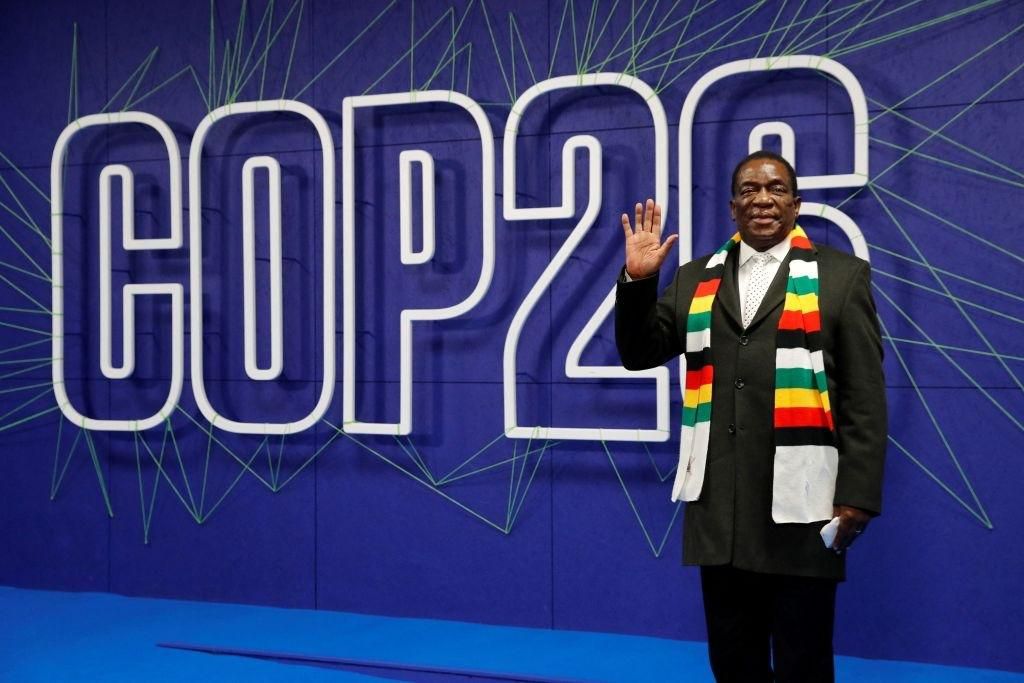Zimbabwe introduces new gold-based currency to replace weak local dollar
![Zimbabwean dollars (image used for illustration) [Reuters]](https://image.api.sportal365.com/process/smp-images-production/pulse.ng/27072024/88cb243e-453d-45d1-bcc3-bba4b8c08540?operations=autocrop(700:467))
Zimbabwe Gold (ZiG) is a new gold-based currency introduced by John Mushayavanhu, the manager of the Reserve Bank of Zimbabwe, on Friday, replacing the current local dollar (ZWL), reports the New Zimbabwe daily.
The decision of the head of the Reserve Bank was preceded by President Emmerson Mnangagwa's visit to the national treasury on Thursday, where he was informed that Zimbabwe was depositing 1.1 tons of gold there. Another 1.5 tons of gold is stored abroad, and the government still has $300 million in bank accounts.
After this inspection, Mnangagwa said Zimbabwe had enough gold to support the new currency. He also added that other current and future assets, for example those obtained from the sale of diamonds, are to be converted into gold.
However, analysts question these assumptions. The British daily, Financial Times, gives the example of Kenya, which recently, in order to avoid a currency crisis, collected $7 billion, which covers 3.7 months of imports. Zimbabwe's foreign exchange reserves remain well below the levels of many African economies and are only equivalent to one month's worth of imports.

The value of the Zimbabwean dollar, introduced five years ago, fell by three quarters compared to the US dollar in the first quarter of 2024. ZiG will be available in denominations of 1, 2, 5, 10, 20, 100 and 200, half ZiG and quarter ZiG. The initial exchange rate for the new currency, which will be announced next Monday, will be $1 to $13.56.
The governor of the Reserve Bank said on Friday that Zimbabweans have 21 days to exchange old banknotes for new ones, and also warned of possible increases in the prices of goods and services.
ALSO READ: The African tribe in Zimbabwe with odd toes
On Wednesday, the president, following the example of neighboring Zambia and Malawi, declared a drought disaster, saying that the resulting famine could affect 2.7 million people.
The weak currency has fuelled a galloping price increase since the beginning of the year. Officially, annual inflation exceeded 50% in March. although American economist, Steve Hanke of Johns Hopkins University, said in January that Zimbabwe's currency had lost 92% in one year against the US dollar, which means the country has the weakest currency and the highest inflation rate in the world.
*
This article was originally published on Onet Travel.
)

)
)
)
)
)
)
)
)
)